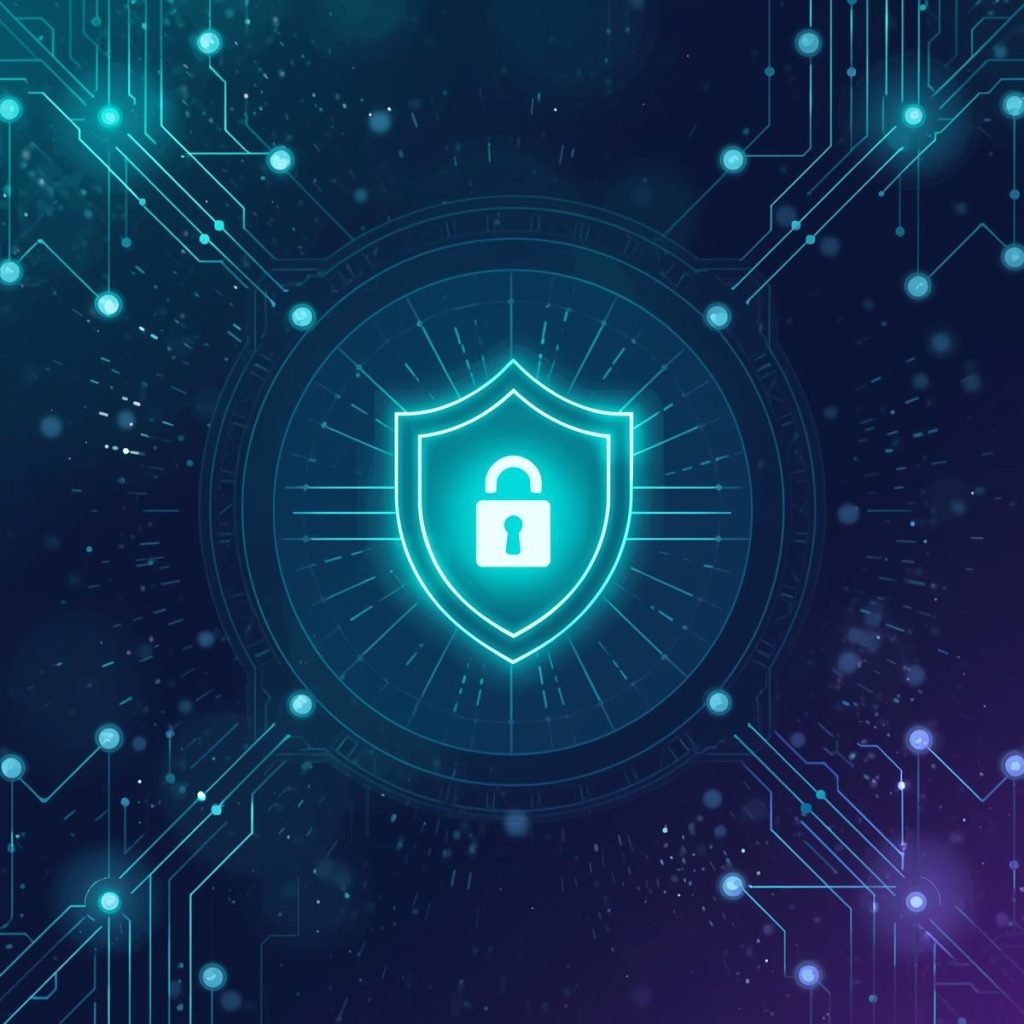-
-
+91 93242 91391+91 93242 91391
-
inquiry@axximuminfosolutions.cominquiry@axximuminfosolutions.com
About Us
Axximum Infosolutions is one of the leading and trusted cybersecurity training and consulting providers in India. We help students, IT professionals, entrepreneurs, and working individuals build strong careers in cybersecurity, ethical hacking, cyber awareness, and network security.
We focus on Practical Training, Real-World Case Studies, Lab-Based Learning, and Hands-on Tools used by cybersecurity professionals across the world.
Our mission is simple:
Make India Cyber Secure
Build skilled cybersecurity professionals
Support students in gaining career confidence and job opportunities


Who Should Join This Course?
This course is perfect for:
Students who want to start a career in Cybersecurity / Ethical Hacking
IT and Computer Science Students
Working Professionals planning to switch to Cybersecurity
Anyone who wants to learn how to secure digital devices, data, and networks
Beginners with zero technical background are also welcome
Why Choose BICS Course?
Learn Cybersecurity from the Basics
No Programming Experience Required
100% Practical Labs & Real World Scenarios
Learn Industry Tools Used by Security Experts
Certificate + Internship Support
Guidance to choose next training pathway: CEH, CPENT, OSCP, SOC Analyst, Cyber Forensics, etc.

What You Will Learn in This Course
Module 1: Introduction to Cybersecurity
In this module, you will understand what cybersecurity really means and why it is important.
You will learn:
What is Cybersecurity and why the world needs Cyber Experts
Types of Cyber Crimes happening today
How Hackers attack systems and steal data
The difference between Ethical Hackers and Criminal Hackers
The roles and career paths in cybersecurity
This module helps you think like a Security Professional, not just a normal computer user.
Module 2: Basics of Networking & Network Security
This module builds your technical foundation. A cybersecurity professional must understand how networks work.
You will learn:
What is a Network and how devices communicate
Concepts of LAN, WAN, IP Address, MAC Address, DNS, DHCP
How data travels from one device to another
What are Ports and Protocols (like HTTP, HTTPS, FTP, SSH)
Basics of Switches, Routers, and Firewalls
Introduction to Network Security and Data Protection
By the end of this module, you will clearly understand how the internet works behind the scenes.
Module 3: Linux & Command Line Basics
Most cybersecurity tools run on Linux. So, in this module, we teach you how to use Linux confidently.
You will learn:
What is Linux & why Cyber Experts use it
Linux Folder Structure
Essential Linux Commands for navigation and security tasks
Creating, deleting, copying, and managing files using terminal
User and Permission Management
Installing tools and running scripts
After this, you will be comfortable working in Kali Linux, one of the most widely used ethical hacking operating systems.
Module 4: Ethical Hacking Fundamentals
This module introduces how ethical hacking works in a legal and structured way.
You will learn:
What is Ethical Hacking
5 Phases of Ethical Hacking:
Reconnaissance
Scanning
Gaining Access
Maintaining Access
Covering Tracks
Understanding attack surfaces
Rules of penetration testing and ethical responsibilities
This module develops your mindset as a Professional Ethical Hacker, not a malicious attacker.
Module 5: Footprinting & Information Gathering
In this module, you learn how hackers find information about targets before attacking.
You will learn:
How to gather public information legally (OSINT)
Tools like Whois, NSLookup, Subdomain Finder
Google Dorking – searching smartly
Social Engineering basics (how attackers manipulate people)
Email footprinting and metadata analysis
You will be able to analyze targets without touching their system—just using public information.
Module 6: Scanning & Vulnerability Analysis
In this module, you learn how to scan systems to identify weaknesses.
You will learn:
Network Scanning Techniques
Port Scanning using Nmap
Identifying Open Ports & Running Services
Understanding Vulnerabilities and Security Gaps
Basics of Vulnerability Assessment (VA)
This is where your hacking skills start becoming practical and hands-on.
Module 7: Malware & Cyber Attack Types
Here you learn how malware and cyber attacks work.
You will learn:
What is Malware (Virus, Worm, Trojan, Ransomware, Spyware, Keylogger)
How Hackers spread malware
How systems get infected
Ransomware attack workflow
How to detect and avoid malware infections
This module builds your awareness against real-world cyber threats.
Module 8: Web Application Security & OWASP Top 10
This module introduces web security and how websites are hacked.
You will learn:
How websites work (HTTP Requests, Response, Cookies, Sessions)
What is OWASP Top 10 (common web attacks)
Basic understanding of SQL Injection, XSS, CSRF
Introduction to Burp Suite for web testing
How to identify web security flaws
This module teaches how hackers attack websites—and how to prevent it.
Module 9: Password Attacks & System Security
You will learn how attackers break weak passwords and how to secure systems.
You will learn:
Types of Password Attacks (Dictionary, Brute Force, Rainbow Table)
Using tools like Hydra, John The Ripper
Importance of Strong Password Policies
File System Security
Hardening Windows and Linux Systems
By the end of this, you can test password strength and secure systems.
Module 10: Cyber Safety, Digital Privacy & Online Protection
This is the most useful module for daily life security.
You will learn:
How to stay safe while browsing the internet
How to recognize fraud links, fake websites, phishing emails
Securing Social Media Accounts
Mobile Security Practices
Data Backup and Encryption Basics
This module makes you Cyber Aware & Safe in your personal digital life.
Tools and Technologies You Will Work On
- Kali Linux
- Nmap
- Burp Suite (Basics)
- Wireshark
- Metasploit Framework
- Vulnerability Scanners
- Linux Command Line Tools
Benefits of the Course
- Learn from Certified Cybersecurity Experts
- Step-by-Step Practical Learning
- Recorded Lectures & Study Notes
- Career & Placement Guidance
- Internship Opportunities
- Recognized Certificate on Completion
Career Paths After This Course
After completing BICS, you can move toward careers like:
Ethical Hacker
Cybersecurity Analyst
SOC (Security Operations Center) Analyst
Network Security Technician
Penetration Tester (after advanced training)
Frequently Asked Questions
1. What is BICS – Beginner in Cybersecurity?
BICS is a beginner-friendly course that teaches the basics of cybersecurity, ethical hacking, networking, Linux, and real-world security skills. It is designed for students and professionals with no prior experience.
2. Do I need technical knowledge to join this course?
No. This course is specially made for beginners. You do not need programming or deep computer knowledge to start.
3. What will I learn in this course?
You will learn cybersecurity fundamentals, networking basics, Linux commands, information gathering, scanning, web security basics, and how to protect yourself online.
4. How long is the BICS course duration?
The training takes 1.5 to 2 months, depending on the batch and practice sessions.
5. Is this course online or offline?
We offer both Online Live Training and Offline Classroom Training. You can choose based on your preference.
6. Will I get practical hands-on labs?
Yes. This is a 100% practical and lab-based course, where you will work on real tools used by cybersecurity professionals.
7. Will I get a certificate after completing the course?
Yes. After successfully completing the course, you will receive a Globally Recognized Certificate from Axximum Infosolutions, which is accredited and industry valued.
8. What tools will I learn during the training?
You will work with Kali Linux, Nmap, Wireshark, Burp Suite (Basics), Metasploit, and security testing utilities.
9. Can this course help me start a career in cybersecurity?
Yes! This course builds your foundation. After BICS, you can continue with advanced courses like CEH, CPENT, SOC Analyst, OSCP, etc. We also provide career guidance and internship support.
10. How can I enroll in the course?
You can contact us through Call / WhatsApp or visit our training center for counseling and enrollment.
Phone: +91 93242 91391
Website: www.axximuminfosolutions.com
Contact Us
Start your career in cybersecurity today and become job-ready with practical skills.
📞 Call / WhatsApp: +91 93242 91391
🌐 Website: www.axximuminfosolutions.com
📍 Location: (Visit Center)






